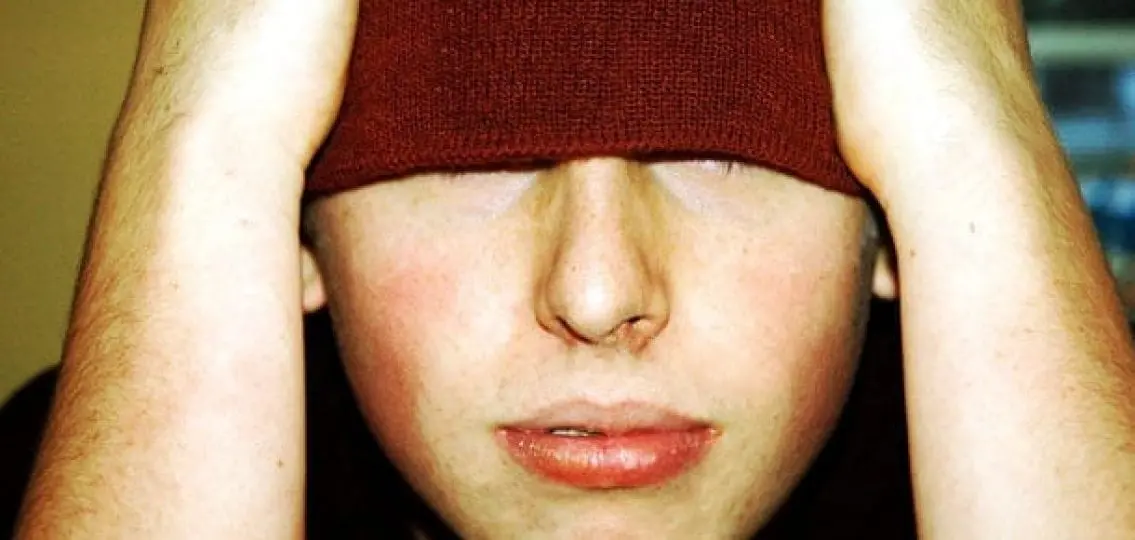Parents of sons are often unaware of the vulnerability of their boys to sexual harassment, sexual assault and rape. In my work with teens, it is common for parents to empower their teen daughters with messages of self protection, self respect and sexual empowerment.

However, parents commonly give sons a very different message. Teen boys are often spoken to as if their bodies and sexuality are potentially dangerous. The parental focus is often on teen boys developing sexual restraint rather than self awareness, self protection, self respect and self empowerment.
Boys are also often told by our society that they must respect girls. But they rarely hear that boys should be respected as well. As a result of these warnings, boys in our society are at high risk for internalizing a sense of shame about their sexuality. And many believe that sexual violence doesn’t happen to boys and men.
Boys may be more vulnerable to sexual assault than girls for a number of reasons: Boys of all ages receive less physical and emotional intimacy from both mothers and fathers than their sisters, putting boys at higher risk for seeking out physical contact from other youth or even adults to fill the void. Boys are also less likely than girls to be supported in expressing and developing awareness of their emotions and their vulnerabilities. Teen boys are less likely than their sisters to be supported in developing a positive sense of body awareness, sexuality, self-protection, self-respect and self empowerment.
Parents are also commonly less protective of their teen sons than their daughters. That’s especially when their teens are in dating relationships or spending time with adults.
Further, the media, sexual education courses, community support agencies and peer groups commonly fail to raise awareness to male vulnerability to sexual violence. If a teen boy experiences sexual assault, there are few resources specific for him or safe places for him to turn. Actually, the legal system is more likely to minimize sexual violence against teen boys, especially if the perpetrator is female. Male victims of sexual abuse by females often fall to the wayside.
Males Are Victims of Sexual Assault
Crime statistics and community agency statistics are unreliable sources of information about how often males are sexually victimized and raped. Boys and men are remarkably less likely than girls and women to report being the victim of a sexual crime. Especially if the perpetrator was female. However, decades of random sample studies that guarantee anonymity to participants confirm that our sons are equally or even slightly more vulnerable to sexual assault than our daughters.
In 2006, researchers from the University of New Hampshire, Murray A. Straus and Jennifer Hagberg, presented survey results at the 16th International Congress On Child Abuse And Neglect in York, England on worldwide rates of childhood sexual abuse. The researchers found that in the United States, Canada, Mexico, India, China and several other countries, boys up to 18 years of age suffer slightly higher rates of sexual abuse than girls. In many other countries such as England and Australia, the rates of sexual victimization of boys and girls up to 18 years of age were nearly identical.
Our college-age adolescent sons are vulnerable as well. In a large study in 1996 at the University of Washington, researcher Mary Larimer found that a higher percentage of college age young men reported unwanted, pressured and coerced sexual activity than college age young women. Other studies of college age youth have found similar results. This includes that college age males are often forced into oral sex more often than college age females.
However, a recent study published by the American Psychological Association in March 2014 provides the greatest cause for concern. Lead researcher, Bryana French warns us that 43% of boys in high school and young men in college are victims of unwanted sexual experiences. And a sobering 95% of the aggressors were female acquaintances of the victims.
Many other studies confirm that boys suffer sexual assault and rape by older girls and boys and by men and women in much higher numbers than are reported in the media and in crime statistics. Also important to note is that sexual assault and rape of boys can be subtle and coercive. Or it could be part of severe physical attacks, regardless of the gender of the perpetrator or your son’s size.
Recent revelations at Penn State University and The Ohio State University where male athletes were sexually abused certainly confirm the findings of this research – both the fact that males are victims of abuse and that they are extremely reluctant to come forward when something happens.
How Do We Protect Our Sons?
1. Foster a tender relationship.
First, continue to nurture an affectionate, communicative relationship with your son through out his teen years. A teen’s connected relationship with his parents is his single greatest protection against sexual assault.
2. Teach that consent is a two-way street.
Provide your son with the same empowering messages about personal body safety, self respect and self awareness as you would provide to your daughter. Don’t pass down stereotypical myths about who can be a victim or a perpetrator. Speak positively about the male body and male sexuality. Explain to your son that respect, sexual responsibility and consent are the responsibility of both partners. Boys have just as much right as girls to say, “Let’s slow down”, “Not now”, “Let’s wait” or “Stop”.
3. Help them understand their physical responses.
It is also crucial for a teen boy to be aware that his physiological responses to sexual advances, such as increased sexual excitement or an erection, do not equal sexual consent. Males can sustain erections from mixed emotions, confusion or even fear.
4. Be available for open conversations.
Finally, let your son know that he can always safely come to you with questions and concerns of a sexual nature. If your son discloses that he may have experienced sexual harassment, inappropriate sexual contact by an adult or other teen, sexual assault or rape, respond to your son calmly, patiently and with compassion and understanding. Any disclosures of sexual assault or rape or any sexual behavior by an adult towards your teen son should involve taking legal action to protect your son and other youth. If your son has been sexually assaulted in any way, I highly recommend Eye Movement Desensitization and Reprocessing (EMDR) treatment. EMDR is superior to traditional talk therapy for trauma. And it’s especially well suited to boys, as it requires less talking and offers a more kinesthetic and fast-acting approach.

Protecting our teen sons from sexual violence is part of an ongoing dialogue. We must empower our sons. We must respect their growth and development. And we must impart accurate information and challenge social and media stereotypes about who can be victims or perpetrators. Most importantly, it involves continuing to nurture an affectionate relationship in which communication is open, aware and respectful of our sons and their vulnerability.




